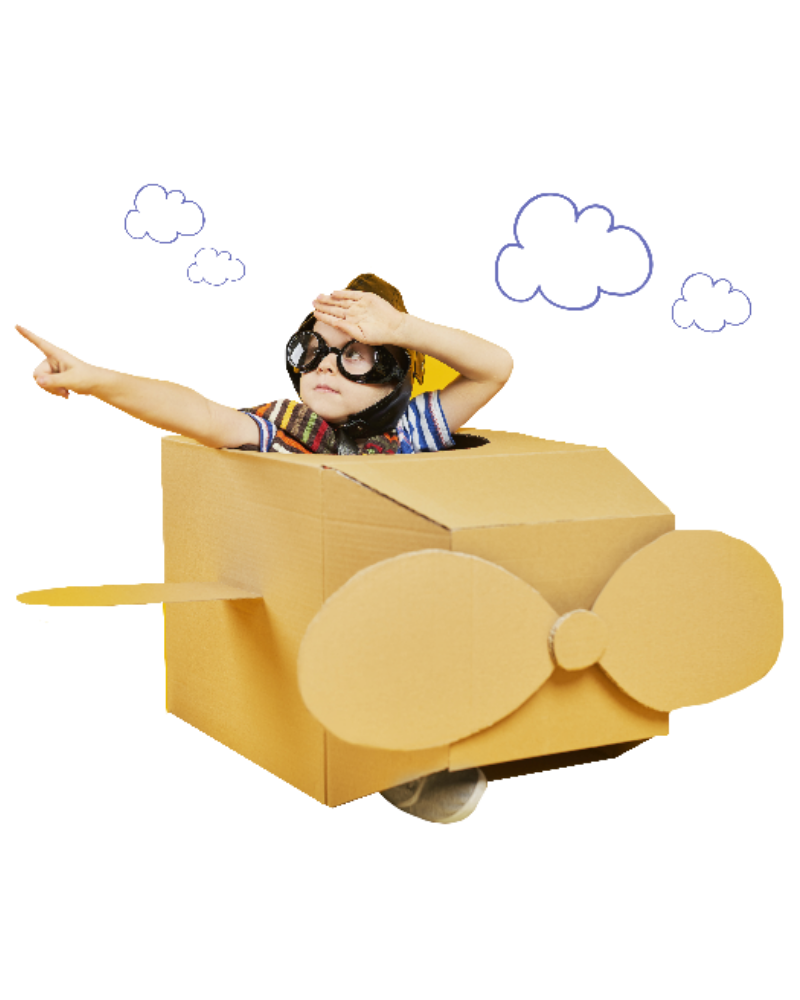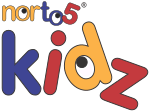Norto5 Philosophy
Our Early Years Curriculum provides a framework to ensure that each child receives the best quality care and education for every aspect of their development. This will be achieved through a combination of planned activities, learning through play and first hand experiences.
Each child will have the opportunity to:
Our Early Years Curriculum provides a framework to ensure that each child receives the best quality care and education for every aspect of their development. This will be achieved through a combination of planned activities, learning through play and first hand experiences.
Each child will have the opportunity to:
Begin to understand right from wrong.
Express his or her own feelings.
Test out ideas and discover how things work.
Enjoy listening to and making music.
Run and play with others outside.
Respect the
environment.
Be caring towards other people.
Enjoy using colour and making things.
Become self confident and have a good self image.
Talk and listen to adults
and children.
Begin to enjoy early mathematical experiences.
Play as a member of a group in a secure and stimulating environment.
EYFS
Like all other Ofsted regulated pre-schools and nurseries we closely follow the Early Years Foundation Stage or EYFS. The EYFS is a comprehensive statutory framework that sets the standards for the learning, development and care of children from birth to five. All providers are required to use the EYFS to ensure that whatever setting parents choose, they can be confident their child will receive the same quality, care, learning and development opportunities.
Early Learning Stages
From birth to 5 years old all children at Norto5 follow our own Early Years Curriculum, the key principles of which are drawn from the Early Years Foundation Stage or EYFS, a distinct curriculum with defined learning objectives. This prepares the children for the work on the National Curriculum – Key Stage 1 at Primary School, and creates a secure foundation for later learning, both in school and beyond.
Become self confident and have a good self image.
Talk and listen to adults
and children.
Begin to enjoy early mathematical experiences.
Play as a member of a group in a secure and stimulating environment.
The Areas of Learning are a series of aims within six areas of a child's development and learning:
Personal, social and emotional development, which focuses on children learning how to work, play, co-operate with others and become more independent in a group other than the family.
Talk and listen to adults and children. Communication, language and literacy, covering communication with one another and developing skills in speaking, listening, writing and reading.
Problem solving, Reasoning and Numeracy, using ideas relating to number, quantity, measurement, shape and space to gain basic mathematical skills.
Knowledge and understanding of the world, where children investigate and begin to understand the things, places and people around them.
Physical development, relating to improving control and co-ordination of their bodies
Creative development, where children find ways to communicate using colour, shape, sound, texture, movement and stories.
Although the formal and planned part of the children's day is particularly concerned with these areas of learning, the informal part is just as important - talking to adults, eating meals together and playing outside all make up part of the curriculum because they all include learning.

Developmental Stages:
Early learning goals for this age group include:
Being sensitive to the needs and feeling of others.
Dressing and undressing on their own.
Being able to handle books correctly.
Understanding the concept of a word.
Experimenting with and experiencing numbers from 1 to 10.
Understanding their own writing (mark making) as a means of communication.
Knowing how simple objects work - wind up, switch or battery.
Distinguishing between sea and land on a map.
sing vocabulary associated with the passing of time- yesterday, tomorrow, last week, a long time ago.
Having an awareness of the cultures and beliefs of others.
Jumping and landing safely from low apparatus.
Playing and clapping a steady rhythm.
Additional Needs Children:
Children with additional needs will find themselves a valued member of the community at a Norto5. They follow the same curriculum, but with all the extra help they need to learn at their own pace. Other children in their group will be encouraged to help but not patronise them, and to be considerate without being over protective. Activities will be structured to allow them to be as fully involved as possible.
